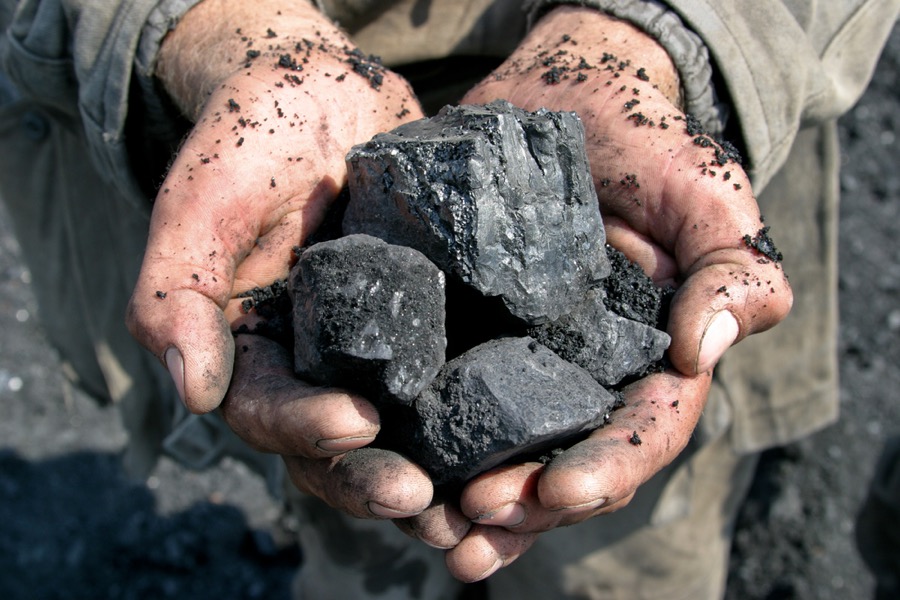Australia says coal market ‘booming’ as it dismisses Glencore cuts

* Australia Resources Minster says Glencore acting in self interest
* Glencore says will cap coal output around 145 mln tonnes
* Coal is Australia’s biggest commodity export revenue generator
* Glencore is the world’s largest exporter of thermal coal
* Australia’s coal exports worth $67 bln in 2018-2019 FY – gov’t
Australia needs to capture as much of the ‘booming’ coal market as possible, a government minister said on Thursday, a day after major producer Glencore said it would curtail further coal output expansions to limit climate change.
Glencore, which produces around one-fifth of Australia’s coal, said that it would limit its total coal capacity to current levels of around 145 million tonnes to support a global transition into a low carbon economy and limit increasing the risks from climate change.
“Call me cynical, but I think the announcement overnight appears to be much more to do with the self-interest of Glencore then the planetary interest of trying to save the climate,
The call occurred as Reuters reported on Thursday that the Chinese port of Dalian has placed an indefinite ban on Australian coal shipments, which sent the Australian currency lower.
Coal is expected to displace iron ore as Australia’s biggest commodity export earner this financial year, with exports of coking and thermal coal expected to top $67 billion, according to Department of Industry figures. Commodities account for more than half of Australia’s export revenue.
“What I would like to see is that Australian mining companies and Australian jobs capture as much of the world coal market as possible,” Resources Minister Matt Canavan told media.
“And that market is booming,” he said.
Australian thermal coal prices for export from the Newcastle terminal have dropped by about one-quarter since the middle of 2018 to just under $90 a tonne and are holding above their record low of about $80 in 2016.
Canavan said that Glencore’s move to cap production was self-serving.
“Call me cynical, but I think the announcement overnight appears to be much more to do with the self-interest of Glencore then the planetary interest of trying to save the climate,” he said.
Canavan’s comments run counter to growing concern among Australians about coal’s contribution to global warming and also to a trend by large Western banks and investment houses to reduce their exposure to fossil fuels.
On Feb. 8, an judge in New South Wales ruled against the development of the Rocky Hill coal mine, partly on environmental grounds tied to emissions and climate change.
Canavan is a member of the ruling Liberal-National coalition government, which faces a national election by May and polls show the group is trailing the opposition Labor party.
Australia is the world’s largest exporter of metallurgical coal, used in steel making, accounting for around 17 percent of global supply. It is the world’s second-largest exporter of thermal coal, after Indonesia, accounting for 20 percent of the seaborne market.
A Glencore spokesman noted that “Glencore is a significant coal producer in Australia and a major contributor to the economy, local and regional communities.”
“Glencore will continue to produce coal and has no intention to divest its global coal portfolio. We will also continue to invest in projects that add value to our business and align with the announced coal production cap.”
(By Melanie Burton; Editing by Christian Schmollinger)
{{ commodity.name }}
{{ post.title }}
{{ post.date }}




Comments